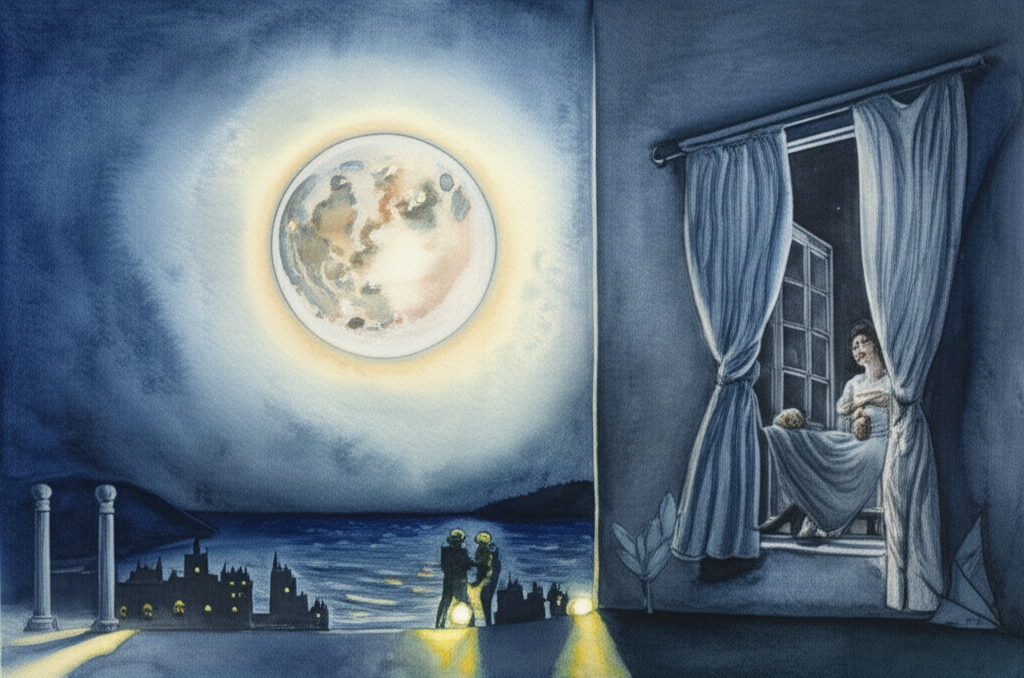
From ancient civilizations to modern times, the moon, as the closest and most prominent celestial body in the night sky, has captivated humanity and fostered a variety of superstitions. These beliefs often stem from observations of the moon’s cycles and their perceived influence on earthly phenomena, particularly water and human behavior.
Historically, many cultures believed that the moon controlled all the water on Earth, including the fluids within living beings. This concept extended beyond the oceans, suggesting a direct link between lunar phases and human well-being. The term ’lunatic,’ derived from the Latin ’lunaticus’ meaning ‘moonstruck,’ reflects this belief. It was used to describe individuals who exhibited temporary madness supposedly triggered by the full moon. The word ’lunatic’ was in use in English from the early fourteenth century. William Langland’s 1393 allegorical poem, ‘Piers Plowman,’ mentions ‘Lunatic lollers and lepers about,’ illustrating the contemporary association of madness with the moon’s phases.
Prior to advancements in neuroscience, brain disorders such as epilepsy were often attributed to lunar influence. The waxing and waning of the moon were thought to induce madness in susceptible individuals. This notion led to superstitions emphasizing the dangers of moonlight exposure. Sleeping in moonlight was believed to cause insanity or ‘moon-blindness,’ prompting people to take precautions like drawing curtains to block the full moon’s rays. Gazing at the moon in a mirror or staring at it too long during its full phase was also considered perilous.
During the Middle Ages, the superstitions surrounding moonlight intensified. The prevalent belief in the Devil’s influence, combined with emerging folklore about werewolves and vampires, amplified the fear associated with the moon’s power. Inexplicable behavior of all kinds was often attributed to the moon. As Shakespeare wrote in Othello, ‘It is the very error of the Moone; She comes more nearer Earth than she was wont, And makes men mad,’ reflecting the widespread belief in the moon’s capacity to induce irrationality.
Although scientific evidence is lacking, some contemporary individuals continue to associate unusual behavior with the full moon. It has been linked to increases in suicides, hospital admissions, and crime rates. While these claims lack empirical validation, reports from law enforcement agencies indicate a perceived rise in aggressive behavior during full moon nights. Some British police forces have even been known to deploy additional officers to manage potential surges in disturbances. This persistent belief underscores the enduring influence of lunar superstitions in modern society.